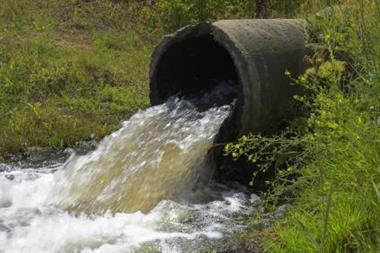UN-backed report pressures companies to reduce their environmental impact
Three thousand of the world’s largest companies were responsible for $2.15 trillion worth of environmental damage in 2008 while the total damage to the environment caused by human activity represented a value of $6.6 trillion (equivalent to 11% 0f global GDP). This was the headline finding of a UN backed report into global environmental damage.
Those global costs are 20% larger than the $ 5.4 trillion decline in the value of pension funds in developed countries caused by the global financial crisis in 2007/8.
The study from Principles for Responsible Investment (PRI) and the UNEP Finance Initiative warned that as governments start applying more vigorous “polluter pays” rules for environmental damage, then businesses will be affected through higher insurance premiums, taxes, as well as the high cost of clean-ups.
Paul Clements-Hunt, Executive Director, UNEP Finance Initiative, said: “The bottom line is that if we are to achieve a sustainable global economy, then we must stop drawing down our natural capital.”
The most environmentally damaging business sectors are: Utilities; oil and gas producers; and industrial metals and mining. Those three accounted for almost a trillion dollars’ worth of environmental harm in 2008, according to the report.
Workers and retirees could see lower pension payments from funds invested in companies exposed to environmental costs, added the study, which was conducted by Trucost, the global environmental research company.
Richard Mattison, Chief Operating Officer, Trucost, said: “Large companies and investors are exposed to significant environmental costs. These costs are largely linked to greenhouse gas emissions, water use, air pollution and unsustainable resource use that continue to threaten our finite stock of natural capital and prospects for sustainable growth.”
The study projects that the monetary value of annual environmental damage from water and air pollution, greenhouse gas emissions, general waste and depleted resources could reach $28.6 trillion in 2050. But this figure could be 23% lower if clean and resource-efficient technologies are introduced, it said.
The study called on investors to pressure companies to reduce their environmental footprint by requesting regular information on how they are addressing exposure to environmental risk.



















